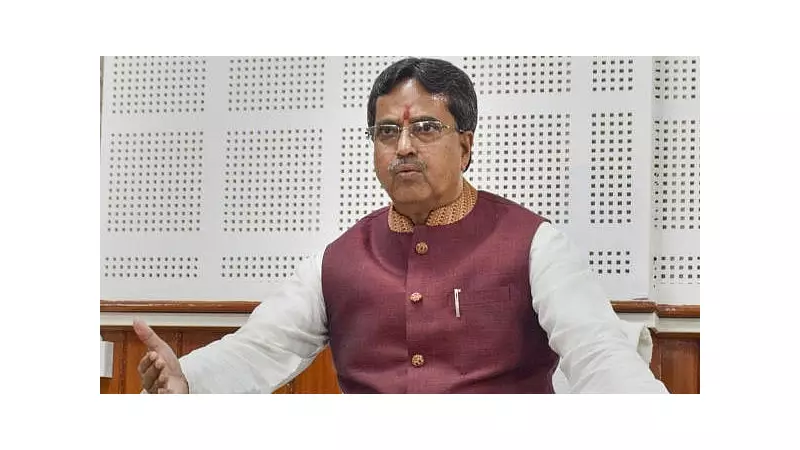
Tripura Chief Minister Manik Saha has firmly rejected opposition demands for a Central Bureau of Investigation (CBI) probe into the recent seizure of banned cough syrup in the state. The controversial substance, identified as Escuf cough syrup, has been prohibited under India's Narcotic Drugs and Psychotropic Substances (NDPS) Act.
The Controversial Seizure
Authorities in Tripura recently intercepted a significant quantity of Escuf cough syrup, a medication that has gained notoriety for its misuse as an intoxicant, particularly in neighboring Bangladesh. The seizure has sparked political controversy in the northeastern state, with opposition parties demanding a thorough investigation by the central investigating agency.
The banned substance falls under the strict purview of the Narcotic Drugs and Psychotropic Substances Act, which provides the legal framework for controlling narcotic drugs and psychotropic substances in India. The Act imposes severe penalties for violations, including manufacturing, possession, and distribution of banned substances.
Political Standoff Intensifies
Chief Minister Manik Saha's rejection of the CBI inquiry demand has created a political standoff in Tripura. The opposition has been vocal about their concerns regarding the seizure and has questioned the state government's handling of the case.
The Chief Minister maintains that state agencies are fully capable of investigating the matter thoroughly without requiring central intervention. This position has been met with skepticism from political opponents who argue that an independent CBI probe would ensure transparency and credibility in the investigation.
International Implications
The case has significant cross-border implications, given that Escuf cough syrup is primarily used as an intoxicant in Bangladesh. The international dimension adds complexity to the investigation and raises questions about drug trafficking routes across the India-Bangladesh border.
Authorities are particularly concerned about the syrup being smuggled across international borders given its popularity as a recreational drug in neighboring countries. The ban under NDPS Act reflects the government's serious approach toward controlling the misuse of pharmaceutical products that have psychoactive properties.
The development comes amid increasing concerns about drug abuse in the northeastern states of India, which share porous borders with multiple countries. The state government's next steps in investigating the seizure will be closely watched by both political observers and law enforcement agencies.






